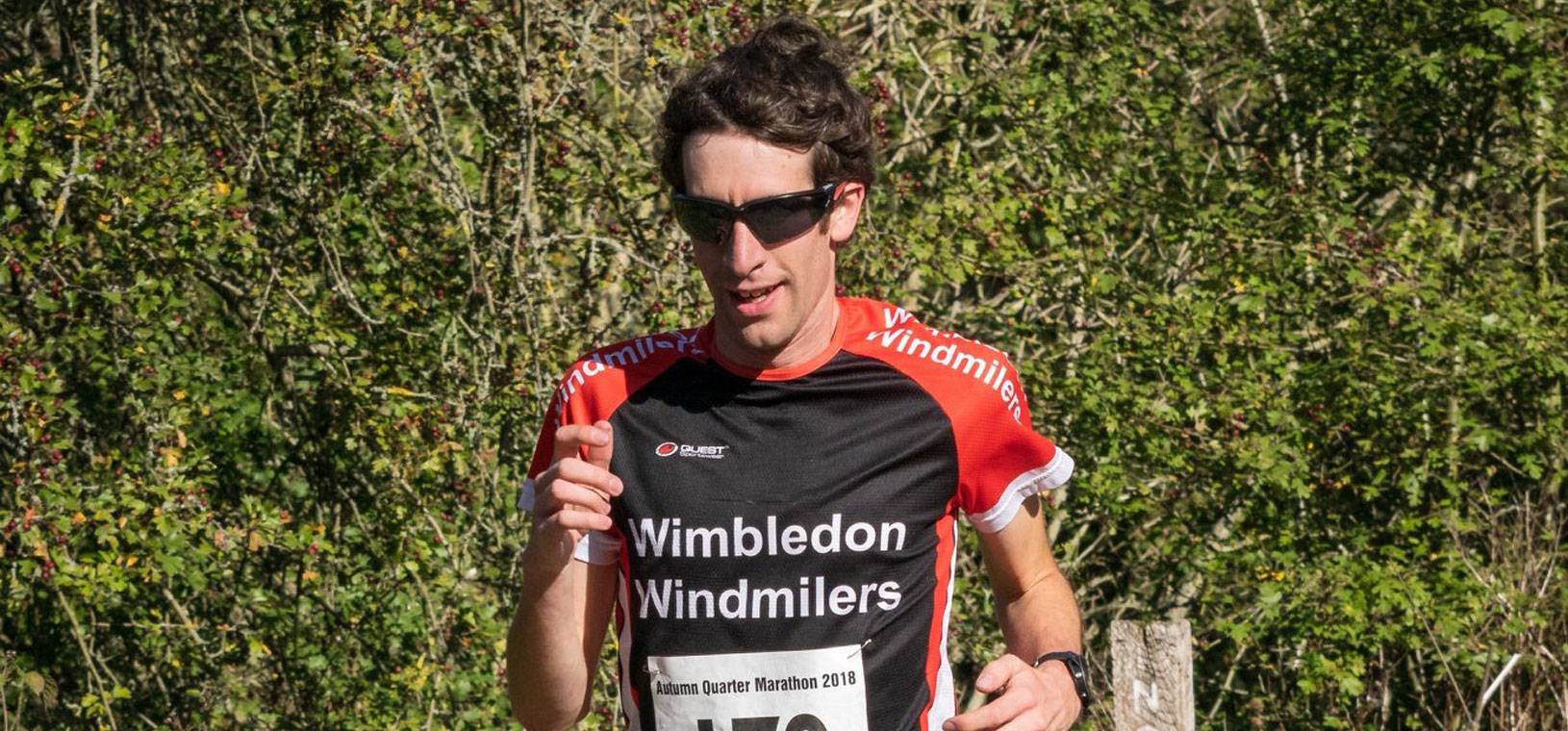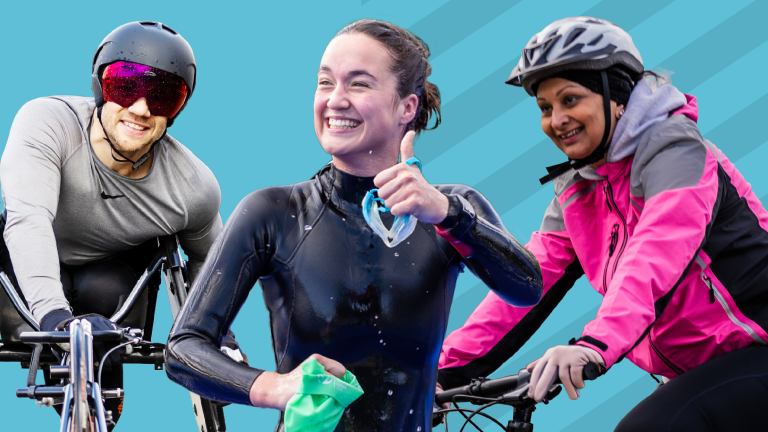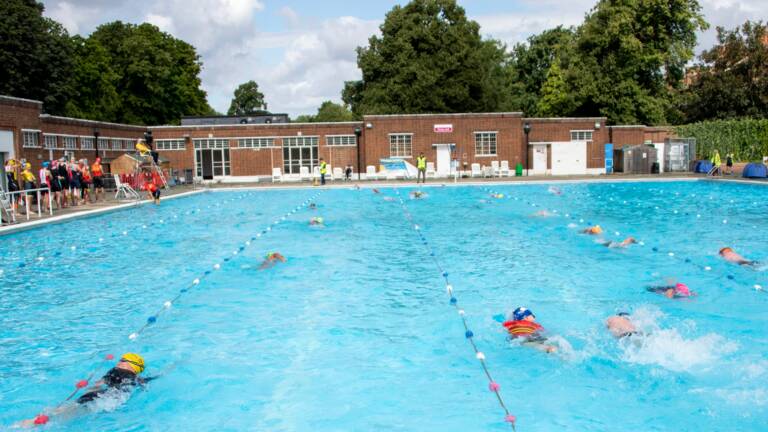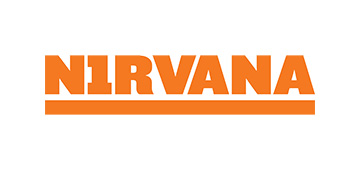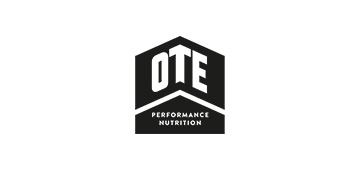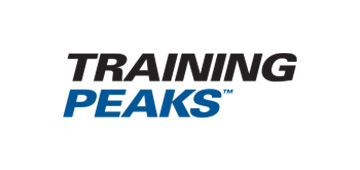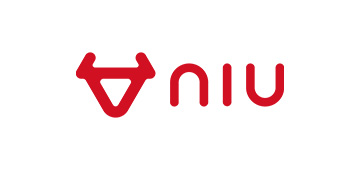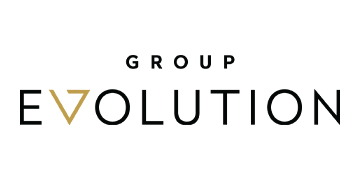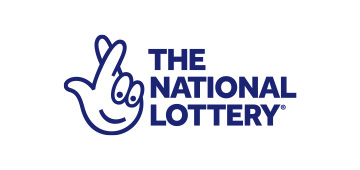We interview the Volunteer of the Year winner, from our London Region Volunteer Awards 2018
Q1. You were voted the London Region Volunteer of the Year! What has driven you to dedicated so much of your time to volunteering in the sport?
In 2012, I started training for a triathlon which really helped me manage my mental health, make new friends and find a purpose in life again. I thought it was such a fantastic, positive thing for me to do with my time, that I wanted to help others not only discover the sport, but succeed as athletes and develop themselves as individuals through triathlon.
In 2016, I made the rather dramatic decision to leave the film industry after 10 years, to become a triathlon coach, cutting my teeth by coaching on a voluntary basis with my club, the Wimbledon Windmilers. The completion of my BFT level 2 coaching course in 2017 coincided with the departure of our head coach, so I stepped into the breach. It was a real sink or swim situation, but thankfully I seem to have been able to keep both my head and that of my swimmers above water this far!
The decision to continue to volunteer my time, even though I'm now a full time coach, is two-fold. On the one hand, it's nice to continue to develop my skillset as a coach. On the other hand, it's nice to give something back to the grassroots of the sport, helping get people of all ages and abilities enjoying training, which is something I'm very passionate about from a public health perspective.
Q2. Can you tell us about your proudest achievement in coaching?
Coaching is so rewarding, it's difficult to choose a single achievement! However, one moment from my volunteering stands out. One of our swimmers is a channel swimmer, and has completed the Enduroman. He's a fairly quiet chap, but a couple of months ago he pulled me up at the end of one session. He'd been working with a channel swim coach for the first time in a couple of years, who commented on how far his technique had progressed since he started coming to my sessions. It was a lovely moment, as it made me realise the difference I was making. No big race result, no shiny trophy or bulging prize purse, just the satisfaction that your coaching is working and knowing that your athletes are grateful for your time.
Q3. One of the challenges to being a coach and volunteer for a club, is the time commitment. How do you juggle volunteering with your own training, work and family life? Can you offer any advice based on your experiences?
As you can't wake up in the morning, decide you don't want to volunteer, roll over and get some extra sleep, there are times it will feel like a bit of a chore. To work around this, make sure you don't over commit yourself, and have a team around you to help pick up the slack when life gets in the way.
With regards to fitting your training around other commitments, it's vital that you get something done most days of the week, whether it's a structured workout, a ride/run into work or just ten minutes of core work after you've put the baby to bed. Something is always better than nothing, unless it's a rest day!
Q4. What's the best piece of triathlon advice you've ever been given, and who gave it to you?
Now that is a tricky one! It was probably "Don't try and build Rome in a day", which was given to me by a coach who saw me looking very nervous ahead of my first open water swim. Most swimmers will have a mixed experience when they take to open water for the first time, especially if they've only been learning for a few months. As triathletes, we're type A personalities who will beat ourselves up if we fall short of our perceived standards, but you can't expect overnight success when starting something as alien as open water swimming.
If I was going to give one piece of advice to someone looking to get faster, it would be to buy a power meter for your bike, and learn how to use it. You can spend a small fortune on fancy wheels and aero gadgets, which don't actually do an awful lot. Pacing the bike correctly is the best thing you can do for your triathlon performance.
Q5. Do you have any specific goals for the rest of this year?
My main goal is Ironman UK in Bolton. A running injury has been keeping me from going long for some time now, but the rehab has been going well and I ran my longest ever pain free distance without stopping yesterday, so starting to feel like a proper triathlete again. I'm also hoping to go sub 1:30 for a half marathon and maybe squeeze in a 70.3, depending on how the Ironman goes!
With regards to coaching, my goals are all about educating myself. For me the key to coaching is to stay ahead of the curve, be open to new ideas, rather than simply sticking to the content of a course I took thirty years ago. And I fully intend to be coaching in thirty years time too!
Many thanks to Simon for taking the time out of his busy schedule to do this interview for us. We'd like to wish him all the best for his coaching, training and Ironman this year!
If you'd like to find out more about Simon, check out the Wimbledon Windmilers Club and also his bespoke coaching company Phazon Triathlon.

